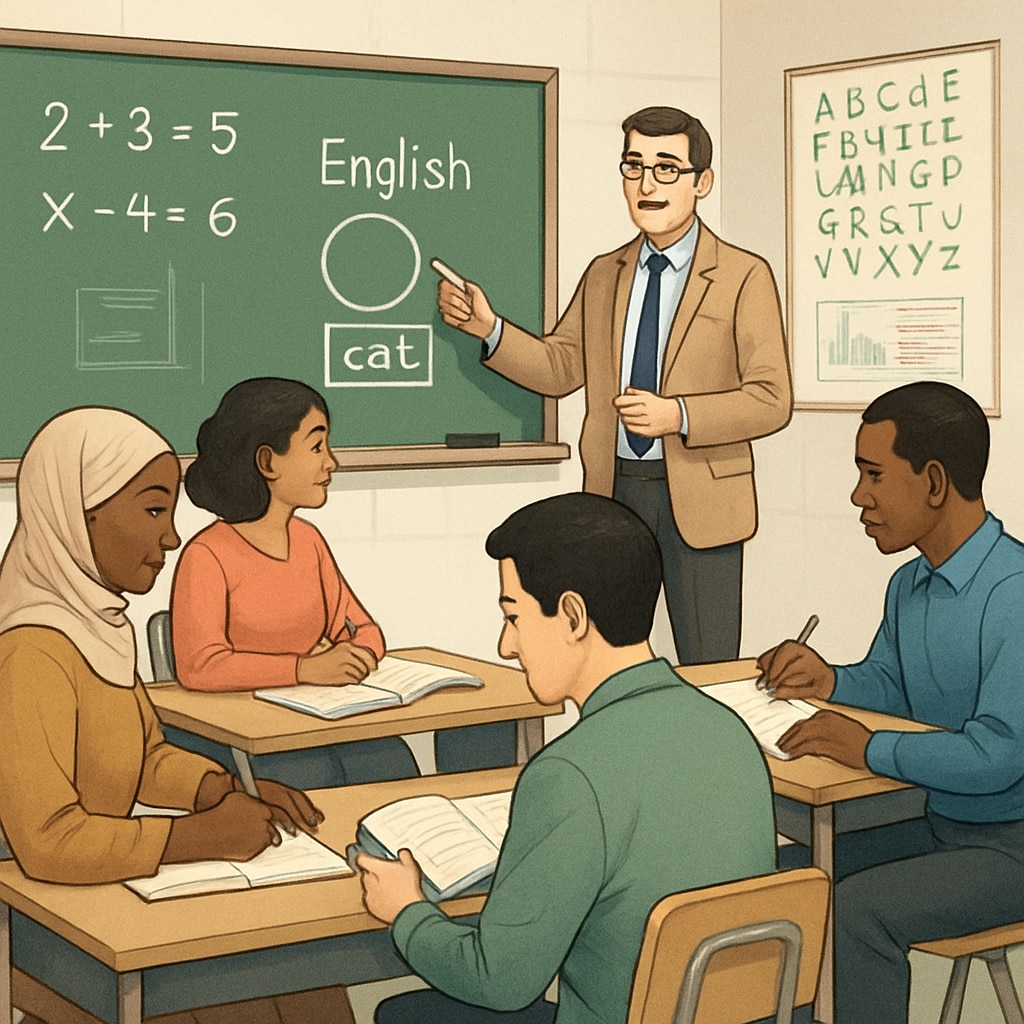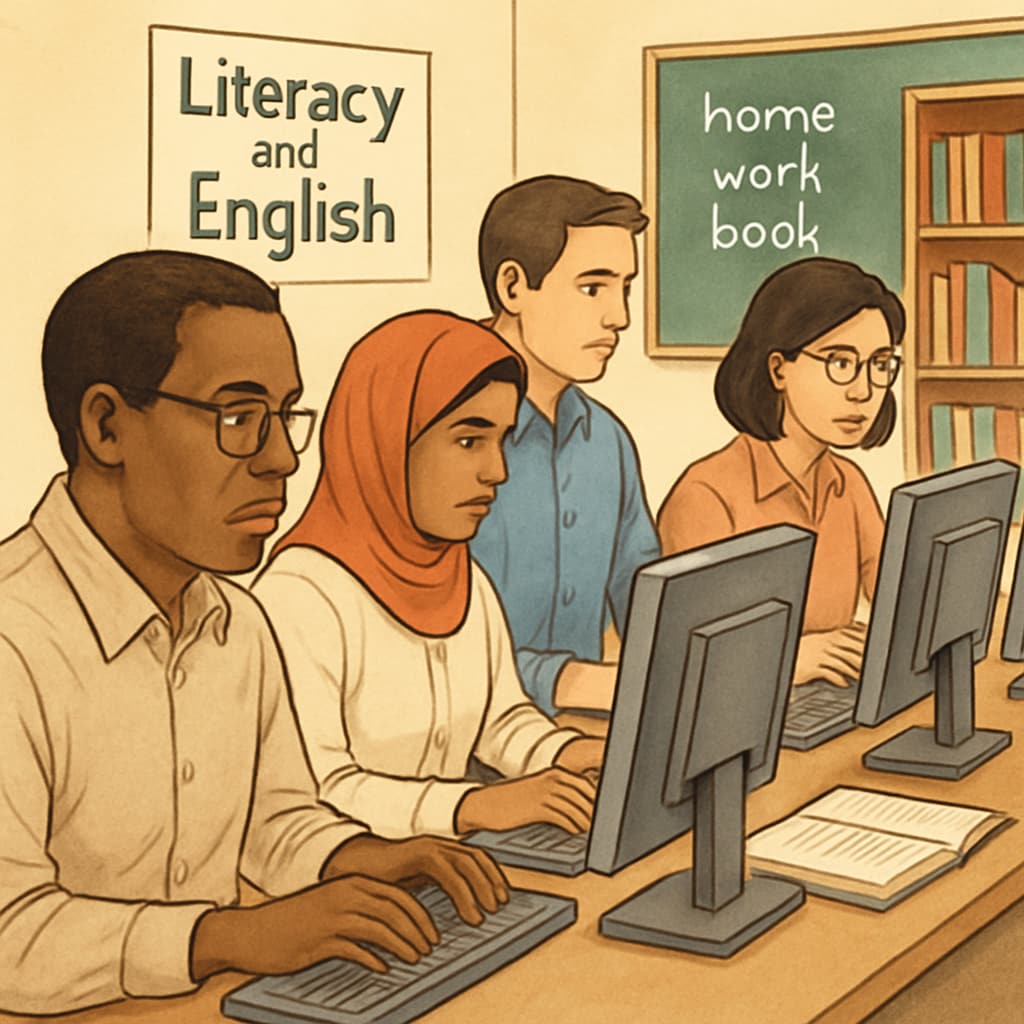Moving to a new country presents unique challenges, particularly for adult immigrants who must navigate unfamiliar cultural norms, language barriers, and educational gaps. “Adult education, cultural adaptation, foundational knowledge” are critical elements in easing this transition. Many adult immigrants find that building a solid foundation in core K12 subjects, such as math, science, and English, is essential for integrating into Western societies. In this article, we will explore the importance of foundational education for cultural adaptation and provide practical resources for adult learners in New York City.
Why Foundational Knowledge Matters for Cultural Adaptation
For adult immigrants, adapting to Western culture often requires more than just learning the local language. Foundational knowledge in subjects such as history, mathematics, and science can help individuals better understand societal norms and participate more actively in their communities. For example, understanding basic financial literacy concepts like taxes or budgeting—often covered in K12 education—can be crucial for navigating everyday life in a Western country.
Moreover, many job opportunities in Western societies require not only specialized skills but also a general understanding of basic academic subjects. Adults who may not have had access to a comprehensive education in their home countries can find themselves at a disadvantage. Programs that focus on foundational knowledge allow these individuals to close educational gaps and gain the confidence needed to thrive in their new environment.

Finding Adult Education Resources in New York City
New York City, home to a diverse immigrant population, offers numerous resources for adult learners seeking foundational education. These programs cater to different skill levels and learning goals, providing flexibility for busy adult learners. Below are some of the best options available:
- NYC Department of Education’s Adult Education Programs: These programs offer free or low-cost classes in English as a Second Language (ESL), basic literacy, and high school equivalency preparation. Learn more on their official website.
- City University of New York (CUNY) Adult Literacy Programs: CUNY provides literacy classes, GED preparation, and ESL programs tailored to adult learners. Visit their official page for details.
- Local Nonprofits: Organizations like the International Rescue Committee (IRC) and Make the Road New York provide tailored educational programs for immigrants, focusing on both foundational knowledge and cultural acclimation.
These resources often include flexible schedules and online options, making it easier for adults to balance education with work or family responsibilities. Many programs also provide additional services, such as career counseling and legal support, to help immigrants navigate their new environment more effectively.

Strategies for Success in Adult Education
While accessing educational programs is the first step, succeeding in them requires a proactive approach. Here are some tips to make the most of your learning experience:
- Set Clear Goals: Identify what you want to achieve, whether it’s improving your English, passing a GED exam, or gaining specific job skills.
- Leverage Technology: Use online resources such as Khan Academy, Duolingo, or Coursera to supplement classroom learning.
- Seek Community Support: Join study groups or local community centers to connect with others who share similar goals.
- Stay Consistent: Regular attendance and practice are essential for mastering new concepts and building long-term skills.
By adopting these strategies and engaging with available resources, adult learners can significantly enhance their ability to adapt to Western cultural and societal norms.
Conclusion: Adapting to a new culture can be challenging, but foundational education serves as a powerful tool in bridging gaps and building confidence. For adult immigrants, access to programs that focus on basic skills can open doors to new opportunities and a deeper understanding of Western societal norms. Whether you’re in New York City or elsewhere, taking advantage of adult education resources can transform your journey of cultural adaptation into one of empowerment and success.


